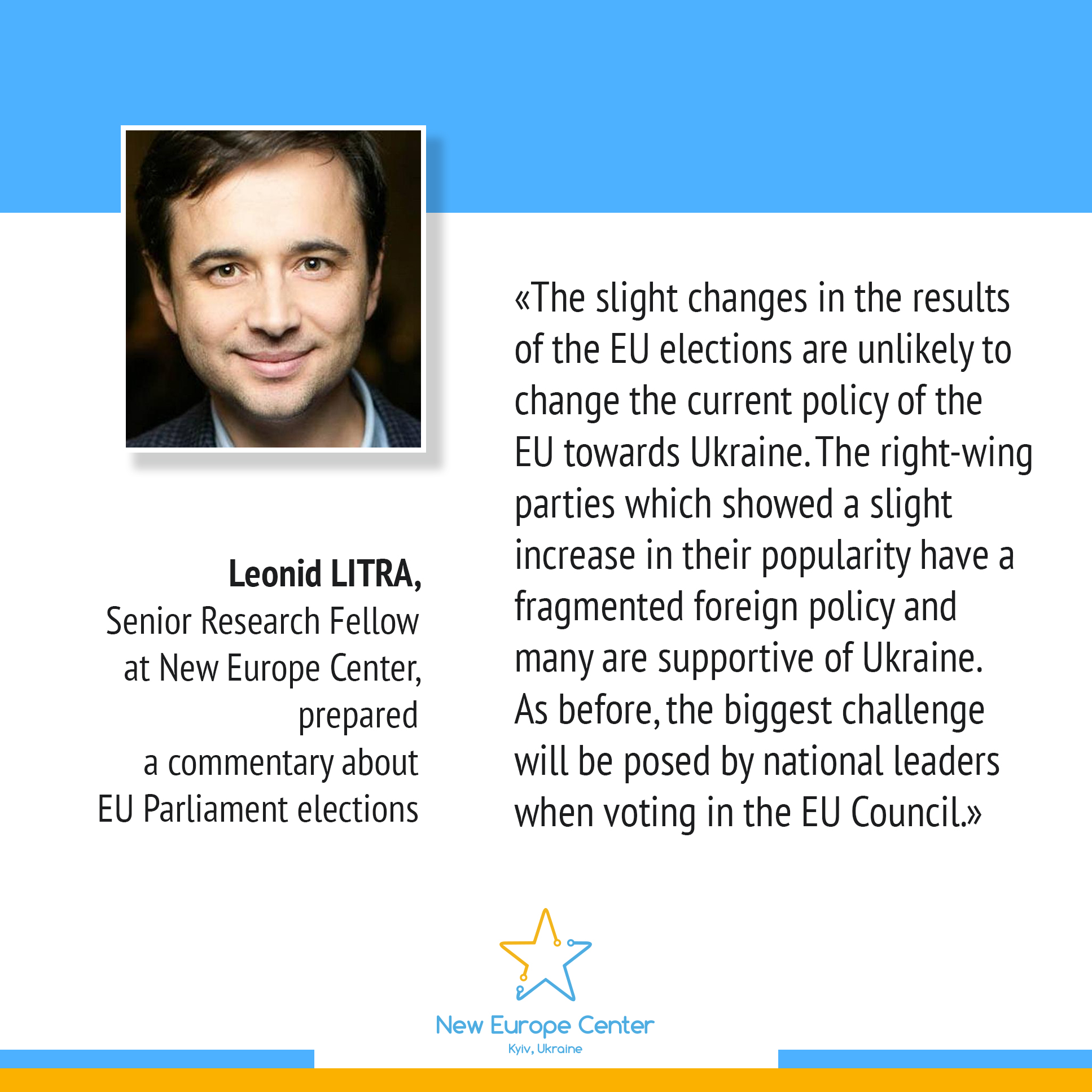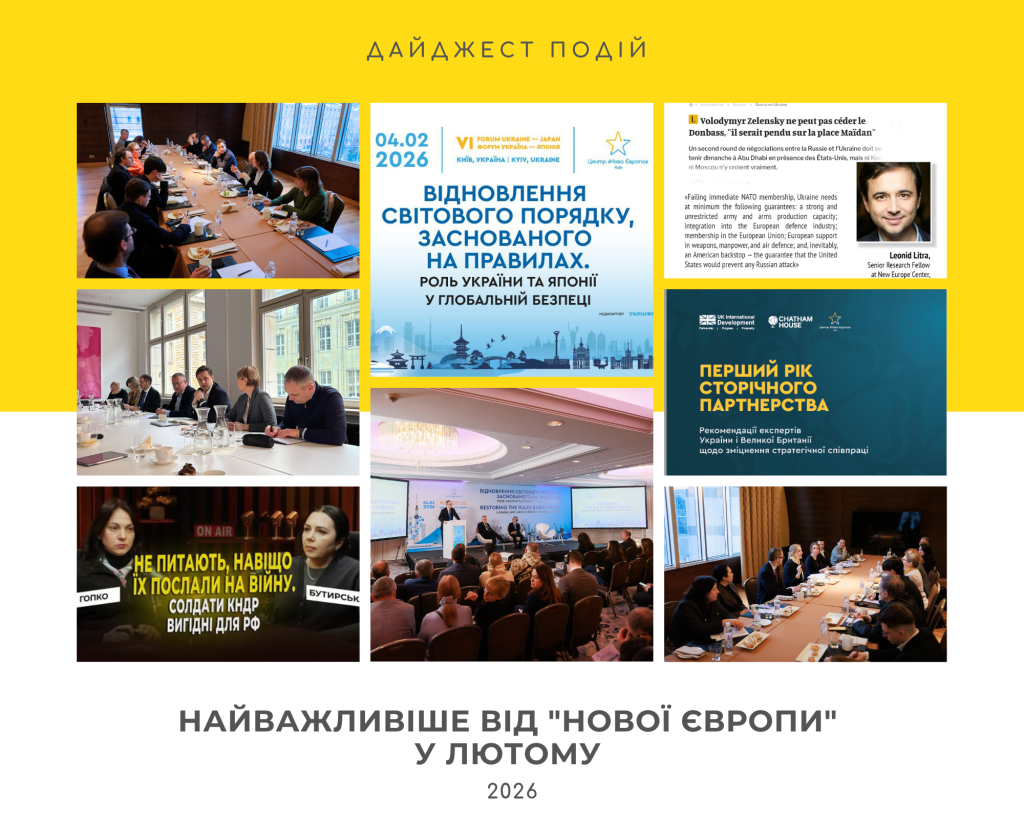
A few takeaways on the results of the EU Parliament elections in relation to Ukraine:
- The small changes in the EU Parliament do not threaten EU support for Ukraine more than was the case for the last convocation of the EU Parliament. The EPP won the elections and their allies have enough votes to continue their coalition. In this regard, the current President of the EU Commission Ursula von der Leyen, known for her unwavering support for Ukraine, has the highest chance of getting a second mandate as the President of the European Commission.
- The better results of the far-right parties are particularly threatening more national politics and the upcoming national elections. That is especially valid in the case of France where the party of President Macron lost the elections to the National Rally. A significant increase one could see in Germany, where the Alternative for Germany came second and overrun the party of Socialists and Democrats of the incumbent Chancellor Olaf Scholz. Some other far-right parties, in Austria, Italy or the Netherlands saw a rise in the elections. But also, parties of Italian Matteo Salvini lost a significant part of its electorate and Orban’s Fidesz got the worst result ever in the EU parliament elections. Unlike a part of “old Europe”, the new Europe showed remarkably well, with far-right parties being not as trendy as in France, Germany and Italy.
- The results of the EU polling show a fragmentation of the EU leadership. Everyone was used to think that the leaders of Germany and France were in charge of Europe. However, it appears that President Macron’s leadership has been challenged, despite he will still keep its influence deriving from his constitutional competencies. For Chancellor Scholz, things are far worse as his party demonstrated a very weak result. Europe will likely rely more on the leaders that have managed to keep their electorate: Ursula von der Leyen, Giorgia Meloni and Donald Tusk. But, there is an urgent need to find an EU-oriented leader in Germany and France that would re-ignite the EU and consolidate what has been achieved until today.
- The slight increase in the far-right parties represented in the EU Parliament does not necessarily signify a change of policy towards Ukraine. The core coalition and the EU Commission President will likely remain the same for the next five years. On the far-right spectrum, some of the ideas in support of Ukraine could be challenged. However, the far-right camp is fragmented in its foreign policy goals and the war in Ukraine, unlike the policy on migration which is largely homogenous. For example, the party of the Italian PM Meloni, along with PiS in Poland are clear supporters of Ukraine. Therefore, one should not expect significant changes towards Ukraine resulting from the current elections. As before, the biggest challenges will be posed by national leaders, such as Viktor Orban, when voting in the EU Council.







